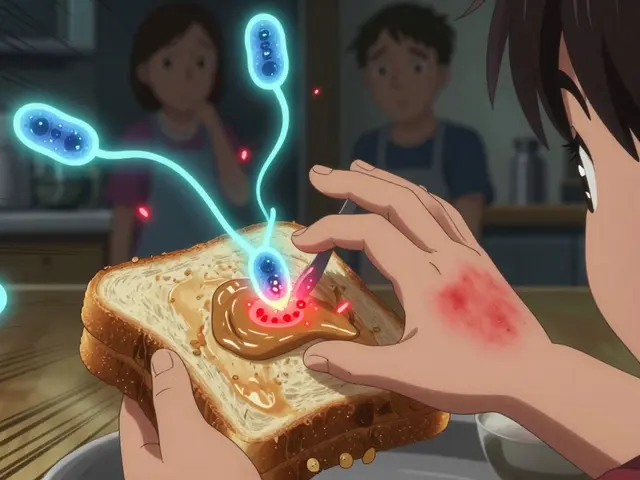Infertility Signs – What to Look For
If you’ve been trying to conceive without success, the first step is noticing the body’s signals. Infertility isn’t a mystery; many of its signs show up in everyday life. Spotting them early can save time, stress, and money by getting professional help sooner.
Female Warning Signals
Women often notice changes in their menstrual cycle first. Irregular periods—whether they’re shorter, longer, or completely missed—can point to hormonal imbalances that affect ovulation. Heavy bleeding or very light spotting can also be a red flag.
Painful periods, especially when the cramps feel worse than usual, might indicate conditions like endometriosis or pelvic inflammatory disease, both of which can lower fertility. If you experience unexpected weight gain or loss without changing your diet or exercise habits, that shift could be linked to thyroid problems that disrupt hormone production.
Another subtle sign is a persistent feeling of fatigue or low energy despite adequate sleep. Hormonal issues often manifest as chronic tiredness, and it can affect ovulation cycles. Finally, if you’ve had multiple miscarriages or early pregnancy losses, that’s a strong signal to talk to a specialist about possible underlying factors.
Male Warning Signals
Men don’t always think about fertility until something feels off, but there are clear clues. A noticeable change in the amount of semen—either less volume or very thin fluid—can suggest low sperm count. If you’ve had recent fevers, illnesses, or have been taking certain medications, those can temporarily lower sperm production.
Pain or swelling in the testicles is another warning sign. Conditions like varicocele (enlarged veins in the scrotum) are common and often affect sperm quality. Chronic back pain or frequent injuries to the pelvic area may also impact fertility by damaging the delicate structures that produce sperm.
Hormonal changes can show up as reduced libido, erectile difficulties, or mood swings. Low testosterone levels not only affect sex drive but also sperm production. If you’re experiencing these symptoms consistently, it’s worth getting a hormone panel checked.
Both partners should pay attention to lifestyle factors that amplify these signs. Smoking, excessive alcohol, heavy caffeine intake, and high-stress jobs can all worsen fertility problems. Simple changes—like cutting out cigarettes, limiting drinks, and managing stress with short walks or meditation—often improve the odds of conception.
When you notice any of these signs, don’t wait for a perfect timeline to seek help. A visit to a reproductive specialist can include basic blood tests, hormone checks, and an ultrasound for women or a semen analysis for men. Early diagnosis means more treatment options and better chances of success.
Remember, infertility is common—about one in eight couples face it. Recognizing the signs early puts you back in control and gives you a clear path toward getting the right care. Keep an eye on your body, talk openly with your partner, and reach out to a professional as soon as something feels off.

Menstrual Cramps and Fertility: What Your Period Pain Really Means
Worried period cramps might hurt your chances of getting pregnant? Get a clear, practical guide on when cramps are normal, when to see a doctor, and what to do next.
Continue Reading



